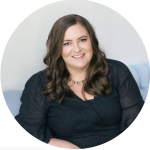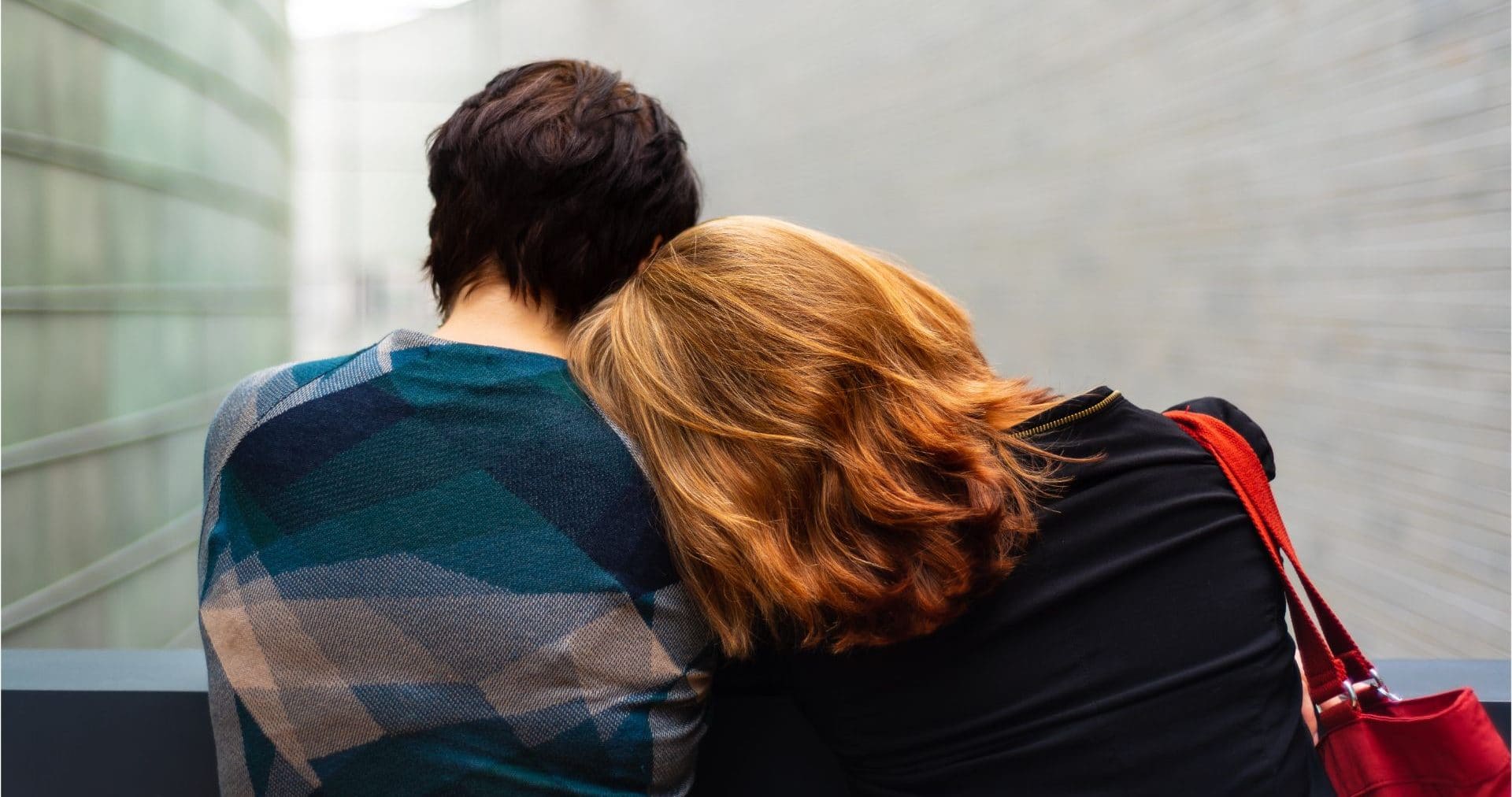Health
6 min Read
Infertility Awareness Week: A Personal Journey to Parenthood

April 23, 2021
Health
6 min Read

April 23, 2021

In honour of National Infertility Awareness Week—April 18 to 24, 2021, a week that resonates with so many people—we’ve asked one woman to share her journey to parenthood. By Samantha Minor* as told to Erin Pepler.
When my husband and I decided to have a baby, we thought it would be relatively easy. I was 31 years old and healthy, aside from a thyroid disorder that was well managed, and there had never been any indication that fertility was an issue for either of us. It seemed natural that we’d start trying, get pregnant and grow our family.
But after eight or nine months, nothing had happened. I started actively tracking my cycle and quickly realized that it was all over the map. I felt anxious about what this could mean, so I went to my family doctor. Even though we’d been trying for less than a year, I felt like something was wrong. Fortunately, my doctor was really receptive and supportive, and she referred us to a specialist right away.
We continued trying naturally while waiting for our consultation with the fertility clinic in our region, but I still wasn’t getting pregnant. About a year after we’d started trying, we started the process of getting help.
Beginning the Journey
The first appointments were both very basic and totally overwhelming. I didn’t meet our doctor right away — it was more of an intake and consultation with their team. I had to give a detailed medical history, list any medications I was on and tell them how often we were trying to conceive. They asked about previous pregnancies (none, in my case) and there was a lot of blood work. I remember having a pile of requisition forms and just seeing vial after vial of blood being taken for all the tests they were running. It was intense. We thought starting a family would be one thing, and it was basically the opposite. I think a lot of people must feel that — you assume it will be easy until it’s not.
When we went back to review our results with the fertility clinic, I was diagnosed with having a low ovarian reserve. Basically, my egg count was lower than it should have been for someone my age. Knowing this, the suggestion that we try in vitro fertilization (IVF) came up very quickly. It made sense but at the time, I was really resistant. I went home thinking No, my body can do this, I don’t need that level of medical intervention to have a baby. In vitro fertilization felt like such an extreme intervention, especially when we hadn’t tried anything else. I pushed back, and the clinic agreed to start me on Clomid, a drug commonly used to regulate ovulation.
The Early Attempts
We did two cycles of Clomid with cycle monitoring (a process where hormone levels are constantly monitored to try and identify ovulation) and timed intercourse, but it wasn’t successful. Given my diagnosis, it was pretty clear that more intervention was needed. I was still resistant to the idea of IVF, so we moved to hormonal injections to stimulate egg production. Then we tried hormonal injections along with intrauterine insemination (or IUI, where the sperm is placed directly into the woman’s uterus) for four cycles, but again, no success. No matter what we did, I just wasn’t getting pregnant.
Ready for IVF
At this point, we agreed to move on to IVF. I was ready. I’d tried so many other things, through both traditional and alternative medicine. But this was when IVF was still fully patient-funded, and it would cost us thousands of dollars (on top of everything we’d already spent trying to start a family, because not all of the procedures so far were covered). We’d been trying to have a baby for almost four years at this point, and it was emotionally exhausting.
After our first full cycle of IVF, we were able to create five embryos, and we felt cautiously optimistic. Unfortunately, nothing took. The embryos didn’t implant. It was heartbreaking, and we were running out of options. We wouldn’t be able to do IVF indefinitely because of the cost, and there was no “next step” in terms of medical options. At this point, we had to consider stopping treatments altogether.
What changed things for us was an announcement about new government funding for IVF treatments. We had to wait another eight or nine months for the funding to come through but when it did, we tried again. It felt like the end of our journey no matter what — after almost five years, my husband and I were done. We wanted a baby more than anything, but we knew we couldn’t go on like this forever. If this round of IVF wasn’t successful, we were going to walk away from fertility treatments and accept that we weren’t going to be parents. Adoption didn’t feel like the right fit for us, and we were mentally preparing for a life without children. It really was the end of the road.
And then, it worked — I was pregnant.
The Next Chapter
After struggling for years to conceive, I was lucky to have a really healthy pregnancy. That said, it was also really stressful. I was constantly worried that something would happen. There was no medical reason for this — everything was progressing well — but I just couldn’t believe that after all we’d been through, it was going to happen.
Today, we have a beautiful four-year-old daughter. She’s amazing and means everything to us. Everything we went through was worth it to become her parents. But our family is complete.
We did consider having another child. We had some frozen embryos (and still do!), but once we thought back on everything we went through to have our daughter, we decided not to do it again. When I started thinking about going through IVF again to have another baby, it distracted me from enjoying the child I already have.
Infertility is such a hard, lonely place and you have to give up control of so many things — when and how to have kids, your body. I know hindsight is always 20/20, but I wish I’d trusted the process a little better along the way. If I had to do it all over again, I’d try to build a support system of people who know what it feels like to go through, so it wasn’t such an isolating process. I’m so grateful to have my daughter, and I’d do it all over again to get her, but I know it’s a hard, hard road and I really feel for anyone in the thick of it.
* Name has been changed upon request.